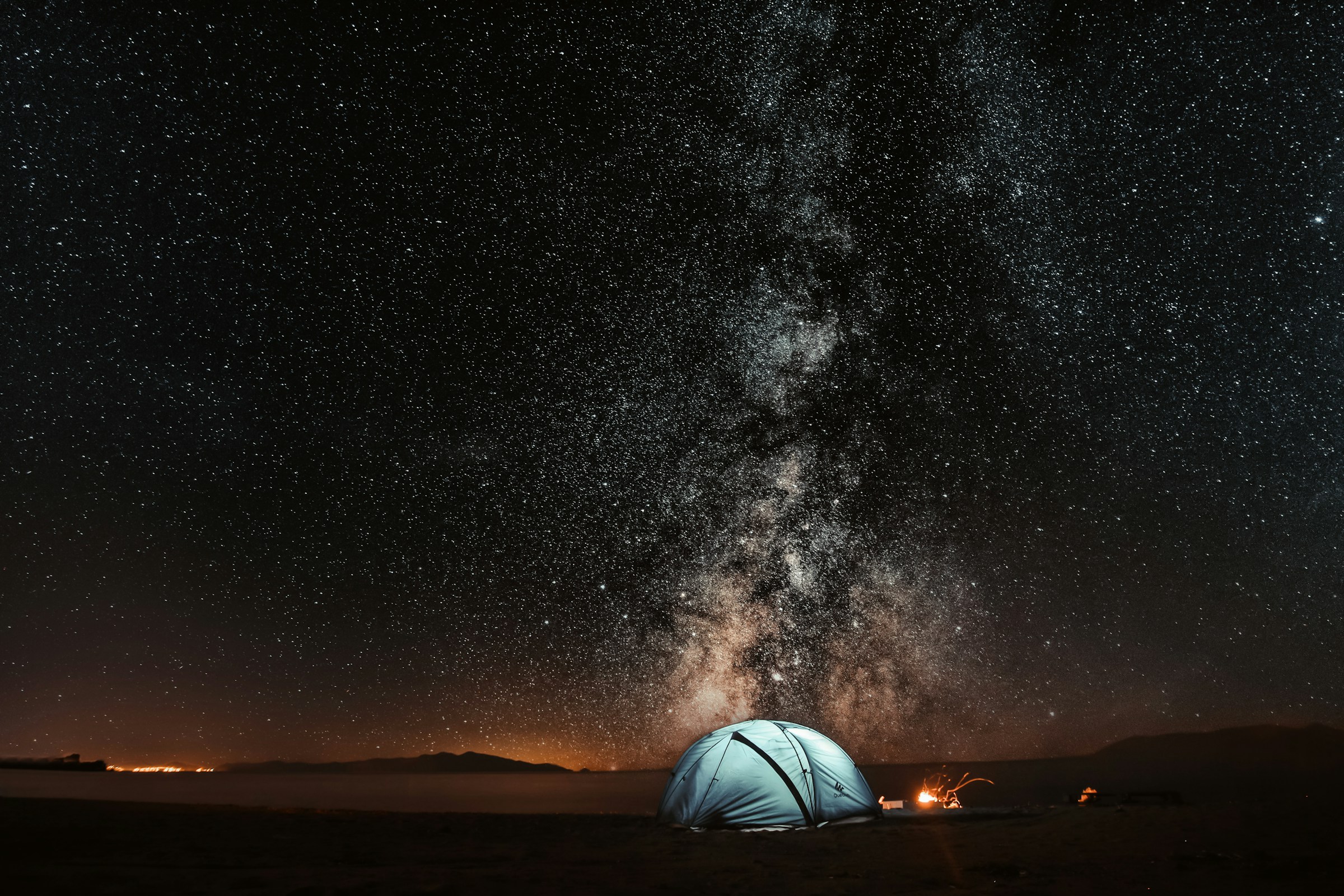
What tips can you provide for solo campers in the UK?
Ah, the wild call of the great outdoors. The prospect of setting up camp under a blanket of stars, the scent of dew-kissed grass in the morning, the sound of a crackling campfire in the evening. These are the charms that draw many of us to camping. But, what if you're planning to go it alone? If you're considering solo camping, it can be an invigorating experience, but it comes with its own set of challenges. In this article, we're going to explore the best tips for solo camping in the UK to ensure your trip is safe, enjoyable, and unforgettable.
Choosing the Right Gear
Before embarking on your solo camping trip, you need to make sure you have the right gear. The equipment you choose can make or break your experience. Hence, investing in quality camping equipment is essential. Start with a good-quality tent that can withstand the UK’s unpredictable weather conditions. A lightweight, easily set up solo tent is the best option.
En parallèle : How to find campsites that offer guided nature walks in UK forests?
A comfortable sleeping bag is also crucial. Opt for a sleeping bag that's suitable for the expected weather conditions. In addition, a camping pad can provide a layer of comfort between you and the cold, hard ground.
Aside from these, other essentials include a camping stove, food and water, a map and compass, a first aid kit, and a reliable torch. Having the right gear can significantly enhance your camping experience and ensure you are prepared for any situation that might arise.
Avez-vous vu cela : What are the best portable energy solutions for camping in the UK?
Selecting the Perfect Campsite
The next step is to find the perfect campsite. When solo camping, it is advisable to choose an official campsite for your first few trips. These sites provide basic facilities like toilets and showers and offer a level of safety as there are usually other people around. They can also provide a more sociable experience, allowing you to meet other campers.
However, if you are looking for a more wild camping experience, the UK has plenty to offer. From the remote corners of the Scottish Highlands to the rugged landscapes of the Lake District, you can find numerous places to pitch your tent. Remember that wild camping is only legal in certain parts of the UK, so ensure you have the landowner's permission before setting up camp.
Timing Your Trip Right
When it comes to solo camping, timing is everything. The best time to go camping in the UK largely depends on your personal preference and tolerance for different weather conditions.
If you prefer warmer weather and longer days, the best time to camp in the UK is during the summer months of June, July, and August. However, these months tend to be the busiest, so campsites can get crowded. For a quieter camping experience, you might want to consider camping in the spring or autumn.
Staying Safe While Camping
Safety is paramount when you're camping alone. Always inform someone of your travel plans, including where you will be camping and when you plan to return.
Adequate preparation is the key to a safe trip. Familiarise yourself with the area you will be camping in and be aware of any potential risks, such as wildlife or tricky terrain.
Carrying a basic first aid kit is essential for treating minor injuries. It should include bandages, antiseptic wipes, tweezers, and painkillers. Consider taking a basic first aid course if you haven't already, as this could be invaluable in an emergency.
Embracing the Solo Experience
Lastly, embrace the solo camping experience. It's a unique opportunity to escape the hustle and bustle of everyday life, connect with nature, and enjoy some solitude.
Solo camping can be a time for self-reflection and personal growth. It can help you develop skills you may not normally use, like resourcefulness and problem-solving.
Use this time to explore your surroundings, read a book, or simply sit back and enjoy the sounds of nature. The beauty of solo camping is you can do what you want, when you want.
Travelling alone can feel intimidating at first, but with the right preparation and mindset, it can be one of the most rewarding experiences. Remember, the key to successful solo camping lies in the planning. So, take your time, do your research, and make sure you're prepared for the adventure ahead.
Preparing for the Unexpected
When you're embarking on a solo camping trip, it's essential to prepare for the unexpected. The unpredictable nature of the great outdoors demands it. This preparation will ensure that even if things don't go according to plan, you're well-equipped to handle the situation.
Begin by familiarising yourself with basic survival skills. These can range from knowing how to start a fire in damp conditions to understanding how to navigate using a compass and map. There's a wealth of resources available online that can guide you through these skills.
Moreover, it's a good idea to pack emergency supplies. These can include a multi-tool, matches or a lighter, a whistle, a space blanket, and additional food and water. An emergency shelter or bivvy bag can be a lifesaver in a harsh weather turn.
When it comes to solo female camping or female van life, extra measures may be needed to ensure safety. Consider carrying a personal alarm or pepper spray for added security. Furthermore, choosing well-lit and populated campsites can add a layer of safety. Always trust your intuition; it's okay to relocate if you don't feel comfortable with your current spot.
Lastly, make sure to check the weather forecast before your trip. This can help you pack appropriately and prepare for the type of weather you might encounter. UK weather can be quite unpredictable, and it's always best to be prepared for any eventuality.
Following the 'Leave no Trace' Principle
Whether you're wild camping in a national park or spending the night in a campervan, remember to follow the 'leave no trace' principle. This means you should try to leave the natural environment as you found it, or better yet, improve it.
Start by packing out all your rubbish. Don't leave anything behind, not even food scraps or biodegradable items. These can still harm wildlife and take years to decompose.
Avoid making new fire pits or damaging vegetation. If you need to make a fire, opt for a camping stove or use existing fire pits. Moreover, try to minimise your impact by sticking to established trails and campsites.
Consider the wildlife around you. Observe animals from a distance and never feed them, as it can be detrimental to their health and wellbeing.
As a solo camper, you have a responsibility to protect and respect the natural world. Our collective efforts can help ensure that these beautiful places remain unspoiled for future generations to enjoy.
Final Thoughts
To conclude, solo camping in the UK can be an enriching and empowering experience. It's a chance to disconnect from the digital world, immerse yourself in nature, and discover your inner strength.
Successful solo camping comes down to meticulous planning, the right gear, and a respect for the environment. From selecting the perfect campsite to ensuring your safety and preparing for unexpected situations, every detail plays a crucial role.
Remember, it's okay to start small. Consider embarking on a short, one-night camping trip before gradually extending your adventures. Solo travel can be intimidating, but with the right mindset and preparation, it can be an incredibly rewarding journey.
Finally, embrace the unexpected. Part of the joy of solo camping lies in its unpredictability. You never know what each new day will bring, and that's part of the adventure. Happy camping!
